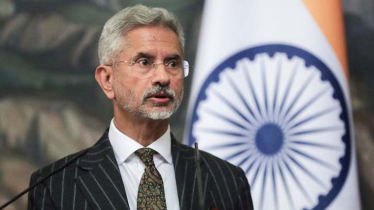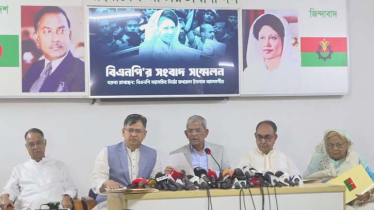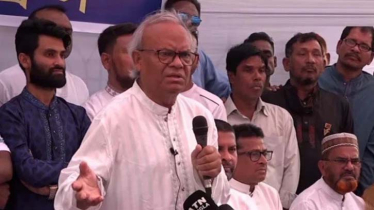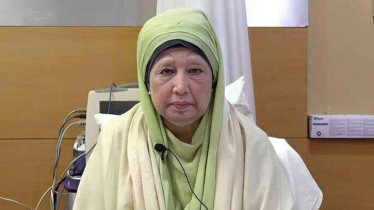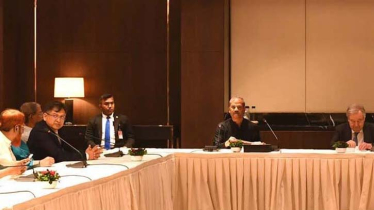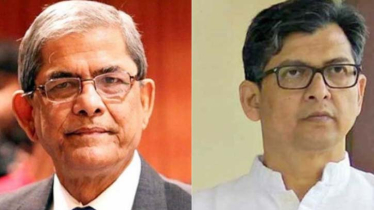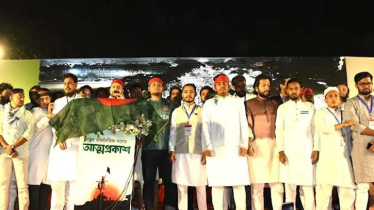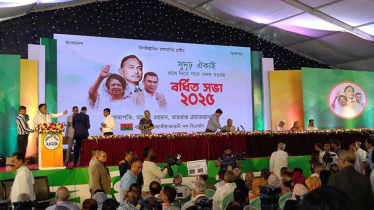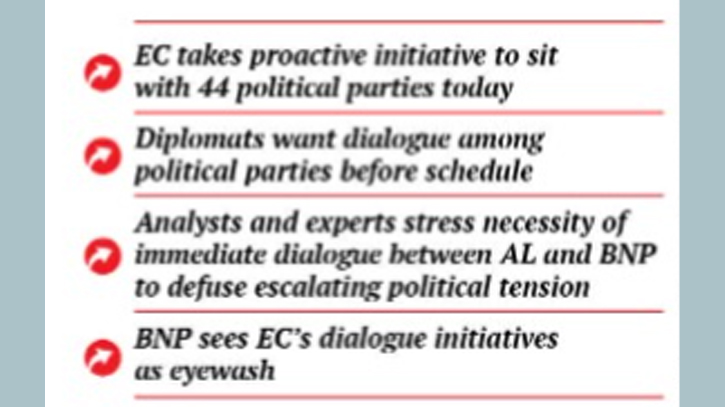
Photo : Messenger
As the 12th parliamentary polls draw nearer with the country’s two major political parties – AL and BNP – remaining entrenched in their divergent positions regarding the election process, the Election Commission (EC) has apparently taken a proactive move by initiating dialogues with all registered political parties, including the opposition camp, even in the midst of escalating political tension.
The ongoing dispute between the ruling Awami League (AL) and the opposition BNP (Bangladesh Nationalist Party) regarding the nature of the polls-time government has led to a fervent demand for a neutral caretaker administration by the latter, while the ruling camp insists on adhering to the constitutional provision for the current government's supervision.
This impasse has significantly strained the political environment – thereby resulting in widespread protests and increasing unrest across the nation.
Recognising the urgent need for resolution, prominent figures, including the United States ambassador to Bangladesh, Peter Haas, have called for unconditional dialogue between the two major parties to alleviate the mounting crisis. However, the recent arrest of numerous senior BNP leaders, including the party's secretary-general Mirza Fakhrul Islam Alamgir, has further exacerbated the situation, sparking allegations of suppression and hindrance of political dissent.
Political analysts and local government election experts have emphasised the necessity of immediate dialogue between the AL and BNP to defuse the escalating political tension.
Dr. Badiul Alam Majumdar, a noted political analyst, warned of the potential for a serious turn of events in the absence of meaningful discussions between the parties. He highlighted the loss of several lives during recent political rallies in Dhaka as a grim indicator of the urgency for dialogue.
When questioned about the Election Commission's initiative to engage in discussions with the political parties, he said, “EC’s initiatives for talks with the political parties would not yield any benefit to resolve ongoing political crisis. You know the main opposition BNP has already rejected their invitation for talks.”
However, the Election Commission's recent efforts to facilitate talks with the political parties have faced resistance from the BNP, which has dismissed the invitations as mere theatrics orchestrated by the government. Senior joint general secretary Ruhul Kabir Rizvi condemned the initiative as a mockery and questioned the sincerity of the Commission's intentions.
Talking over the issue, AL joint general secretary Mahbubul Alam Hanif said, there can be no dialogue with the BNP.
"BNP have returned to their old pattern of sabotage and terrorism. So, there can be no dialogue with terrorists. Our prime minister has said there will be no dialogue with a terrorist group. I'm also saying that [we'll hold] no dialogue with them," he said.
Meanwhile, the Election Commission will sit with the representatives of all 44 registered political parties today. The Election Commission's plan to engage with all 44 registered political parties in two separate sessions underscores the gravity of the situation and the necessity for a collaborative approach in finding a resolution.
The EC plans to inform all registered political parties about the commission's preparations for the next parliamentary polls during the dialogues. The EC will invite two top leaders or two of their representatives from each party for the dialogue.
With the parliamentary term expiring on January 29 and the 90-day countdown starting on November 1, the commission aims to finalize the election schedule by mid-November, signaling the urgency for a swift resolution.
While the path to a mutually agreeable solution remains unclear, the call for constructive dialogue has become increasingly vital to avoid further political unrest and ensure a transparent and inclusive election process.
Meanwhile, the main opposition party in Bangladesh has reported the arrest of a dozen of its senior leaders, among them Secretary-General Mirza Fakhrul Islam Alamgir, following Prime Minister Sheikh Hasina's dismissal of talks with opposition groups advocating for her resignation.
Over the past year, widespread demonstrations against Sheikh Hasina's government have unfolded nationwide, with protestors demanding the establishment of a neutral caretaker government for the upcoming January elections.
Messenger/Disha

